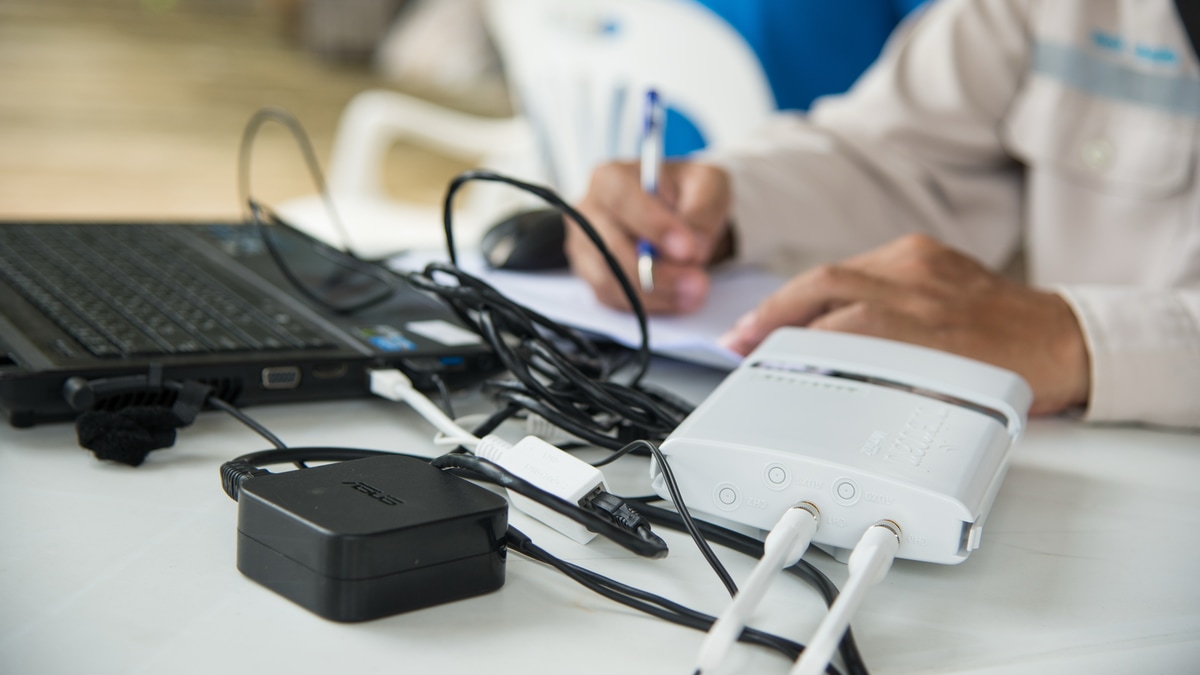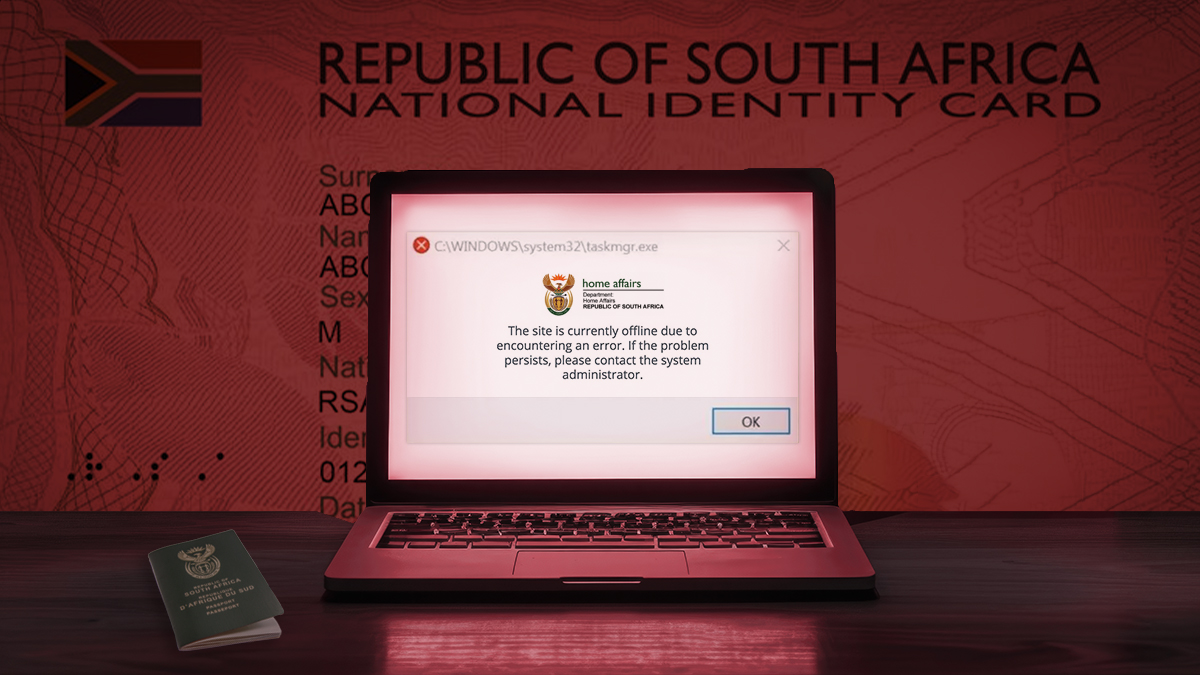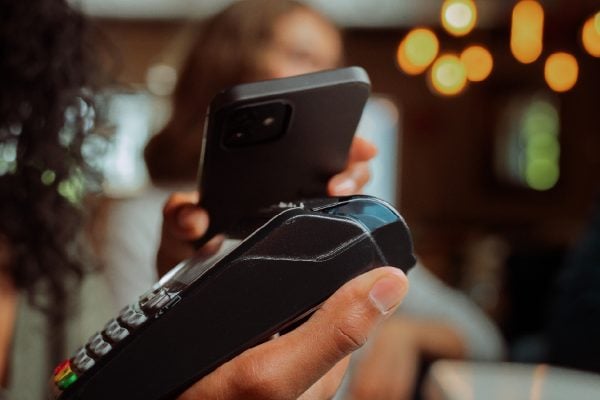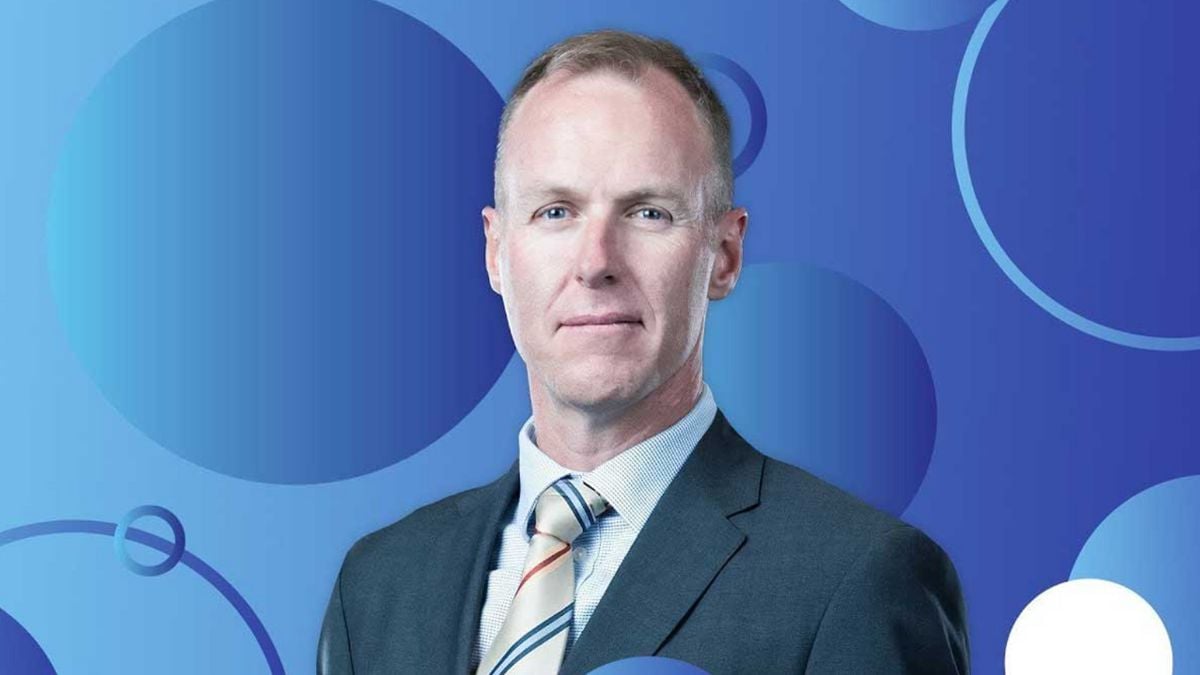The companies and people that make the Internet happen in South Africa

South Africa’s telecoms industry has a complex web of roleplayers each responsible for a specific part of providing broadband services to end users.
This diversity of providers in the telecoms industry is generally very good for consumers, as healthy competition at each level drives down prices and improves service levels.
When Telkom had a legalised monopoly on fixed broadband connectivity in South Africa, the ecosystem was a bit simpler, but customers suffered as it could get away with poor service.
For those who may not remember the Telkom monopoly, it could be useful to consider South Africa’s predicament with another company that holds a state-sanctioned monopoly — Eskom.
To explain how the telecoms industry functions, it is useful to compare it with the value chain in electricity supply and distribution.
From the customer’s perspective, the first “layer” of their product is handled by their Internet service provider (ISP).
These companies sell the product and take your money every month in exchange for Internet connectivity.
In addition to billing, they are responsible for activating and deactivating customer accounts, aftersales and technical support, and the supply of end-user equipment like routers.
ISPs are the equivalent of metering companies in the industry, albeit with more responsibilities.
Some of the most well-known examples include Afrihost, Axxess, RSAWeb, Mweb, and Webafrica, but there are dozens more, some of which may only be available in certain parts of the country.
These companies act as retailers, packaging, marketing, and selling the services they buy from infrastructure providers. They make money by adding profit margins to the wholesale products they buy.
When it comes to fibre-to-the-home (FTTH) products, ISPs lease lines and often pay a wholesale capacity charge to fibre network operators (FNOs).
For mobile broadband products like fixed-LTE or fixed-5G, they typically resell packages supplied by mobile network operators (MNOs), including Vodacom, MTN, and Telkom.
FNOs and MNOs are to broadband distribution what municipal power utilities are to electricity distribution.
When a technical issue occurs on a customer’s line, the ISP is responsible for escalating the problem to the FNO or MNO, assuming the particular infrastructure provider has not yet become aware of the problem itself.
In many cases, the timing of the fix will depend on the FNO or MNO and not the ISP.
The ISP’s main responsibility is to facilitate communication, which includes keeping the customer updated on the status of a repair or maintenance, where applicable.

Further upstream from FNOs are backhaul Internet connectivity providers like Dark Fibre Africa and Liquid Telecoms, which install and maintain longer-distance networks.
There are also undersea cable companies that connect the country with the rest of the world.
These are effectively like Eskom’s transmission division, which is responsible for high-voltage power lines
The last “layers” of Internet connectivity are the data centres, the source of the Internet’s information, similar to how Eskom’s generation division and power stations are the source of electricity.
This data can also be hosted locally or on a content distribution network (CDN).
It is important to understand that some telecoms players can occupy more than one layer and can therefore fall into two or more categories — just like Eskom can be the power generator, transmitter, and distributor.
The most obvious examples are the four MNOs, all of which operate their own infrastructure but also sell cellular products directly to customers.
There are also some cases where an FNO may also operate an ISP business.
Perhaps the best example is Herotel, which only sells lines on its infrastructure through its own ISP business.
For this reason, Herotel is considered a closed-access network.
However, even open-access networks which resell their lines to third-party companies can resell products running on their own or third-party networks through their own ISPs.
For example, Telkom has its own FTTH infrastructure provider in Openserve but is also a fibre ISP for Frogfoot, MetroFibre, and Vumatel.
The same goes for Vodacom and MTN, which have both their own FNOs and operate ISPs that resell packages on other networks.
The good news is that, for the most part, you only have to work directly with an ISP to get and manage your Internet product.
That makes it all the more important to choose one with a good reputation for excellent customer service rather than just focusing on price.
The table below provides a summary of the different roles of the main players in the Internet value chain in South Africa. Companies in bold operate on more than one layer.
| Type of industry participant | Actual role | Typical broadband products sold to end users | Popular examples |
|---|---|---|---|
| Internet service provider (ISP) | Deals directly with customers. Provides customer-premise equipment (CPE) like routers, arranges installations with infrastructure providers, collects fees from customers, and provides after-sales and technical support. | Fibre-to-the-home (FTTH) LTE and 5G Fixed-wireless access (FWA) Satellite | Afrihost Axxess Cell C Cool Ideas Cybersmart Level-7 Herotel Internet Solutions Mind the Speed Mweb MTN Supersonic Telkom Rain RSAWeb RocketNet Vodacom Vox Webafrica |
| Fibre network operator (FNO) | Supplies and maintains the fixed infrastructure including trenched fibre cabling and street-level access points. | Wholesale lines to ISPs | Balwin Fibre Clearaccess Comtel Connect Connectivity Services at Steyn City DNATel Evotel Frogfoot Herotel Link Layer MetroFibre Mitsol Netstream Octotel Openserve Purple Forest TT Connect Vodacom Vumatel Unifybr Waterfall Access Networks Zoom Fibre |
| Mobile virtual network operator (MVNO) | Roams on MNO’s infrastructure to offer cellular connectivity to end-users, often at a reduced price due to lower operating costs and less focus on profits. | Cellular services to end-users | Afrihost Air Mobile Capitec Connect Cell C FNB Connect Me&you Mobile Melon Mobile Mr Price Mobile Old Mutual Connect PnP Mobile Shoprite K’Nect Spot Mobile Standard Bank Connect TFG Connect UConnect |
| Mobile network operator (MNO) | Supplies and maintains both the fixed infrastructure and wireless radio equipment supporting cellular networks in South Africa. Also sells products directly to customers. | Cellular services sold on wholesale and retail | MTN Vodacom Telkom Rain |
































